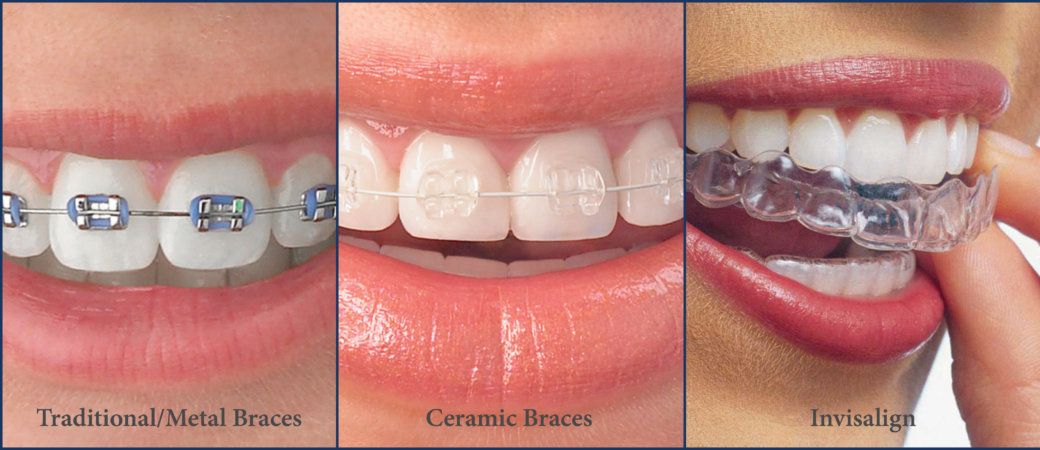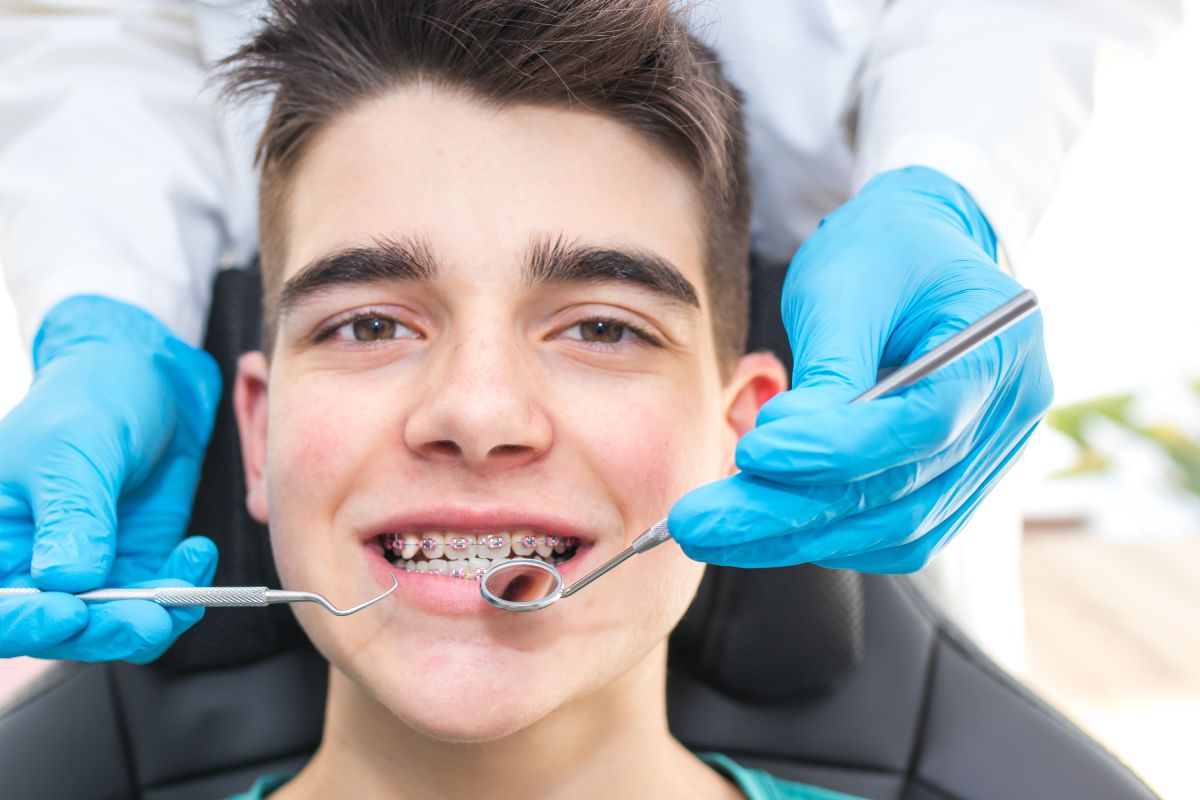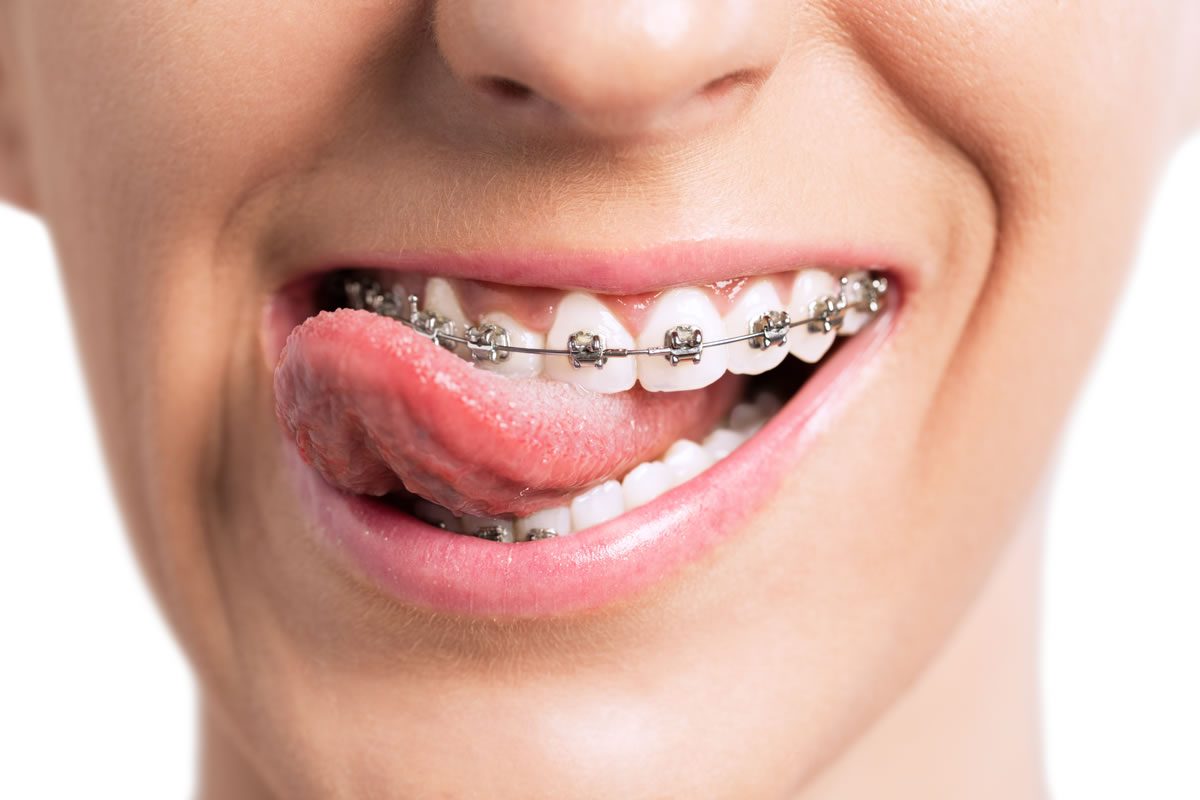Causey Orthodontics for Dummies
Causey Orthodontics for Dummies
Blog Article
The Only Guide to Causey Orthodontics
Table of ContentsEverything about Causey OrthodonticsSome Known Incorrect Statements About Causey Orthodontics More About Causey OrthodonticsThe Only Guide to Causey OrthodonticsGet This Report on Causey OrthodonticsGetting My Causey Orthodontics To WorkCausey Orthodontics Things To Know Before You Get This
What is the difference between a dental expert and an orthodontist? To respond to a concern that is commonly asked, both dental practitioners and orthodontists help people get better oral health, albeit in different means. It assists to keep in mind that dental care is an instead broad scientific research with various clinical specializations. All dentists, consisting of orthodontists, treat the teeth, periodontals, jaw and nerves.
You can think of both medical professionals that treat gum tissue and teeth problems. The main distinction is that coming to be an orthodontist calls for a specific specialized in treating the imbalance of the teeth and jaw.
All About Causey Orthodontics
An orthodontist is a dental expert that has undertaken training to specialize in the diagnosis, prevention and therapy of abnormalities in the jaw and teeth. They can likewise identify possible issues in teeth alignment that might create when conditions are left without treatment (affordable orthodontist near me).
This includes all the essential education and learning to become a basic dentist. According to the American Student Dental Organization (ASDA), it implies you will need to have either a Doctor of Medication in Dentistry (DMD) or a Doctor of Oral Surgery (DDS). To put it simply, orthodontists require to finish oral college and then get an orthodontics specialized education and learning.
Some orthodontists additionally obtain their masters in craniofacial biology. orthodontist services (http://productzz.com/directory/listingdisplay.aspx?lid=52657). Several dental colleges supply minimal orthopedic training and direction, which is why basic dental professionals need to visit orthodontic college after college graduation. Orthodontic residency programs supply extensive training for this sort of dental specialization. These programs concentrate on 2 specific locations or disciplines: Dentofacial Orthopedics: This research concentrates on directing teeth and jaw growth.
The Best Strategy To Use For Causey Orthodontics

 The total goal of an orthodontist is to enhance an individual's bite. Not every person is birthed with straight teeth, and an orthodontist will ensure that patients obtain equally spaced straight teeth.
The total goal of an orthodontist is to enhance an individual's bite. Not every person is birthed with straight teeth, and an orthodontist will ensure that patients obtain equally spaced straight teeth.
The Definitive Guide for Causey Orthodontics
The American Association of Orthodontists suggests your initial check up by age 7. You'll require to see your orthodontist if you have an imbalance in your teeth, also called malocclusion. If you see uneven bite patterns, a slightly irregular jaw, or when your teeth are jammed, you will likely require orthodontic treatment.
At Advanced Orthodontics, we provide individuals with a holistic treatment experience. On top of that, we provide flexible treatment schedules, versatile repayment alternatives and a fun, pleasurable experience. Phone call ( 480) 357-4900 today for additional information and timetable an appointment.
An orthodontist is a dental expert educated to identify, stop, and treat teeth and jaw abnormalities. Orthodontists function with people of all ages, from children to adults (https://anyflip.com/homepage/ewrzh#About).
Causey Orthodontics Fundamentals Explained
Malocclusion, or misaligned teeth, can result in oral issues, including dental caries, periodontal disease, and tough or excruciating chewing. Not everyone is birthed with straight teeth. If you have a poor bite or large areas between your teeth, you may wish to consult a dentist focusing on orthodontic care.
(Photo Credit Score: DigitalVision/Getty Images) Orthodontists utilize dealt with and detachable dental tools, like dental braces, retainers, and bands, to alter the position of teeth in your mouth. Orthodontic treatment is for oral abnormalities, including: Jagged teethBite issues, like an overbite or an underbiteCrowded teeth or teeth that are as well much apartJaw misalignmentThe goal of orthodontic treatment is to boost your bite.
The Best Guide To Causey Orthodontics

, but not all dental professionals are orthodontists. They concentrate on 2 locations: Just how to effectively and securely relocate teeth Exactly how to appropriately guide advancement in the teeth, jaw, and faceOnce an orthodontist has finished training, they have the alternative to end up being board accredited.
Malocclusion leads to tooth overcrowding, an irregular jaw, or uneven bite patterns. Malocclusion is usually treated with: Your orthodontist connects metal, ceramic, or plastic square bonds to your teeth.
The Greatest Guide To Causey Orthodontics
If you have only small malocclusion, you may have the ability to make use of clear braces, called aligners, rather of traditional dental braces. Some people require a headwear to aid move teeth right into line with stress from outside the mouth. After braces or aligners, you'll need to wear a retainer. A retainer is a personalized tool that maintains your teeth in location.
Report this page